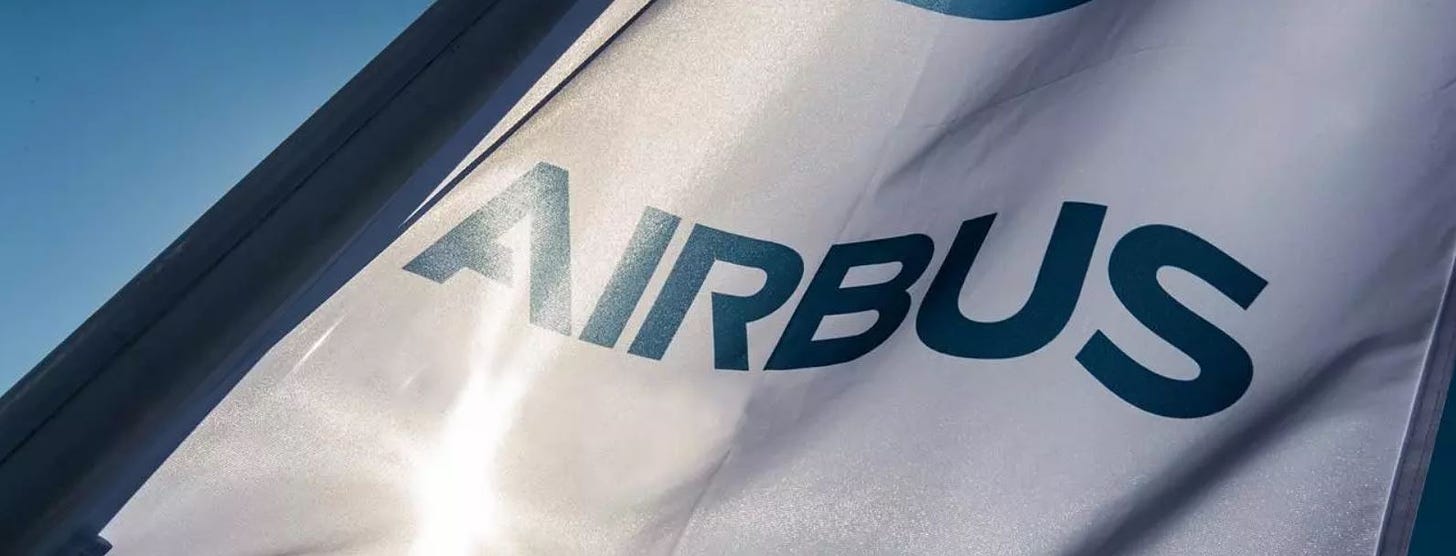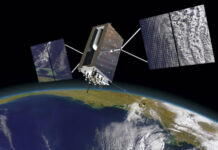Company cites poor cost and schedule performance in telecom, navigation and observation segments
Airbus said this week it would take a charge of nearly $1 billion because of issues with space programs, namely in its telecommunication, navigation and observation segments. As a result, the company has revised its guidance for 2024 and will reduce commercial aircraft deliveries.
The charge, approximately 900 million euros, or $965 million, will be recorded in the second quarter for its Space Systems business. The company said that the charge came after it reviewed all of its programs to identify commercial and technical challenges.

The company did not specifically target what space program was the reason for the charge, but indicated many problem areas were in communication and navigation satellite areas. Full production on six Galileo Second Generation, or G2, satellites started in December at the Airbus site in Friedrichshafen, Germany.
China Moves Ahead With Megaconstellation
In other satellite news, China plans to launch the first 18 satellites of its G60 Starlink megaconstellation of more than 12,000. The launch, set for Aug. 5, will be aboard a Long March 6A rocket.
Industry observers have noted the emergence of China in not only communication satellites, but those that will have location capabilities. Chinese carmaker Geely has plans for a 240-satellite constellation called the Geely Future Mobility Constellation.
The first phase of 72 satellites will be launched into low Earth orbit next year. The constellation will support Geely’s autonomous driving project—and logistical, mapping, drone navigation and other applications.



























